The Meaning of Moral Injury
AUJ is a sponsor of a program about moral injury Oct 24 at the Friends Meeting House in Richmond. See announcement Quaker House Moral Injury Richmond. Moral injury is a new diagnosis arising out of our recent wars in the Middle East.
The military has been plagued in recent years with a rising rate of suicide: about 45 suicides per 100,000 veterans among men ages 18-29 in 2005; nearly 57 per 100,000 in 2007. An average of eighteen veterans kill themselves each day. Of the 30,000 suicides each year in America, about 20 percent are committed by veterans. These are tragic and staggering figures.
Former VA Secretary Eric Shinseki recommended that more stringent protocols, similar to those used when someone is having a heart attack, be put into place at VA facilities for handling potentially suicidal veterans. But to date, there is no definitive explanation for this disproportionate rate of suicide among those serving in the military. New research, however, suggests one possible contributing factor: moral injury.
One of the first research projects involving moral injury is reported in an article in the Clinical Psychology Review entitled Moral injury and moral repair in veterans. The authors define moral injury as “an act of transgression that creates dissonance and conflict because it violates assumptions and beliefs about right and wrong and personal goodness.” (p. 698)
Because of the moral dissonance that is experienced, the conflict gives rise to feelings of guilt, shame, and fear of being ostracized. An individual with moral injury may come to feel immoral, irredeemable, and un-reparable, or struggle with the belief that he lives in an immoral world.
Many of us are familiar with the harm done to our soldiers when they are injured in war. We hear a lot about the Post Traumatic Stress Disorder (PTSD) experienced by many of the injured soldiers returning from Iraq and Afghanistan. Moral injury generates symptoms similar to those associated with this type of PTSD, but moral injury is caused by the harm done to others by our armed forces, not the harm done to them.
The authors of this cutting edge research describe the circumstances that can give rise to moral injury as, “[p]erpetrating, failing to prevent, bearing witness to, or learning about acts that transgress deeply held moral beliefs and expectations. This may entail participating in or witnessing inhumane or cruel actions, failing to prevent the immoral acts of others, as well as engaging in subtle acts or experiencing reactions that, upon reflection, transgress a moral code. We also consider bearing witness to the aftermath of violence and human carnage to be potentially morally injurious.” http://www.ncbi.nlm.nih.gov/pubmed/19683376 (p. 700)
The researchers indicate that the type of warfare that today’s troops most often encounter, counterinsurgency and guerilla warfare, especially in urban contexts, poses greater risks of moral injury. Unlike conventional warfare, the enemy is often unmarked, there are civilian threats, and improvised explosive devices produce greater uncertainty. In addition, non-combat troops and civilians face greater risk of harm.
Those fighting in unconventional warfare are more likely to mistakenly take the life of a civilian they believed to be an insurgent. Killing enemy combatants in close range fighting can cause feelings of personal responsibility. Unexpectedly seeing dead bodies or human remains, or seeing ill or wounded women and children who they cannot help may be traumatizing. The “lasting psychological, biological, spiritual, behavioral, and social impact of perpetrating, failing to prevent, or bearing witness to acts that transgress deeply held moral beliefs and expectations” warrant more attention. (p. 697)
Longer and more frequent deployments also further exacerbate the problem. Anger and frustration about losses, sacrifices, and adversities are compounded by longer time away from home, and may impair the ability of some to make ethical decisions. (p. 697)
There is a difference between human-generated traumatic events and harm that humans have not caused. The human-generated events reflect a breakdown of social norms and a greater sense of insecurity. (p. 699) They are, therefore, more traumatizing. How transgressions by humans against humans impact the social bond, and possibly the suicide rate of those in the military, is in need of far more consideration.
